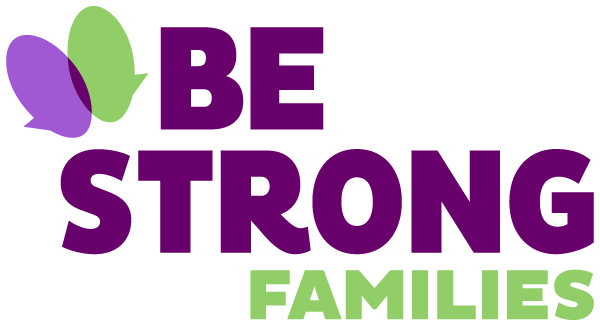Bolstering Families’ Immune Systems through Parent Cafés
I’ve been thinking a lot recently about Be Strong Families’ theory of change underlying Parent Cafés. What I mean by this is: why do we believe / know that getting people in touch with their deepest desires, their dreams for themselves and their families, and their best selves makes a long-term difference in the way they parent? Why do we believe / know that when parents get together in emotionally safe spaces to share with each other, without judgment, that lasting change in their relationships to themselves and their kids occurs?
I think part of the answer lies with an analogy to medicine. For me, the most exciting recent innovation in Western medicine is the growing field of immunology. This is an approach, a direction, that, in contrast to historical Western medical approaches, is not about killing the invader / the enemy by poisoning it or cutting it out with surgery. It’s about strengthening the body’s natural defenses, bolstering the internal immune system, so that it can restore balance.
A lot of US family-strengthening and child welfare services are modeled after traditional medicine. Find the problem and nuke it.
Parent Cafes and Be Strong Families parenting workshops are all about building on parents’ and families’ strengths, including their inherent wisdom, to transform. Using our methods which are and have been co-created with the people they are intended to serve, families strengthen themselves from the inside out. Parents engage. They find their power. They commit to transformation. This is immunology in action: bolstering the immune system of the family.
This doesn’t mean that drugs and surgery or traditional parent education and child welfare services don’t work or shouldn’t be used. It does mean that complementary methods — like Parent Cafes — can make these interventions more effective and can assist with sustaining and solidifying new habits and practices.
In addition, Parent Cafes and Be Strong Families parenting workshops do what the medical and social work fields need to do a lot more of: recognize the role of the patient / client / program participant in both keeping themselves healthy and facilitating healing processes. In medicine, typically, the agent of change is seen as the wise and knowledgeable professional, the doctor who is skilled at diagnosing and prescribing the appropriate therapy. In child welfare and family support, too often, this paradigm puts the social worker in the same kind of role. With no disrespect intended to either social workers or doctors, who obviously have knowledge, tools and methods that are helpful: it is the people being helped that are ultimately responsible for the success or failure of the intervention. Engaged empowered parents, who are in touch with and committed to how they want to be with and who they want to be for their children, both prevent dis-ease in families and promote healing. And they do this not only or mostly by “following doctor’s orders”: they do this by being their best selves, by becoming conscious of and then shaking off negativity. This means going inward to access their soul’s wisdom rather than relying exclusively on surrendering to the authority of the external experts.
This radical, revolutionary paradigm shift is what underlies Be Strong Families’ mission: “We partner to develop transformative conversations that nurture the spirit of family, promote well-being, and prevent violence.” It’s a riff on and a resurgence of “Power to the people!” because we know, as parents and family members ourselves, that we are the ones that keep our families strong. We are the ones who correct our mistakes. We are the ones who learn and grow and get better at relating, including with our kids. Fundamentally, we are no different than those we serve. Our lived experience is our best teacher and sharing our love and our wisdom is how we all heal, together.
Article by: Katthe Wolf
